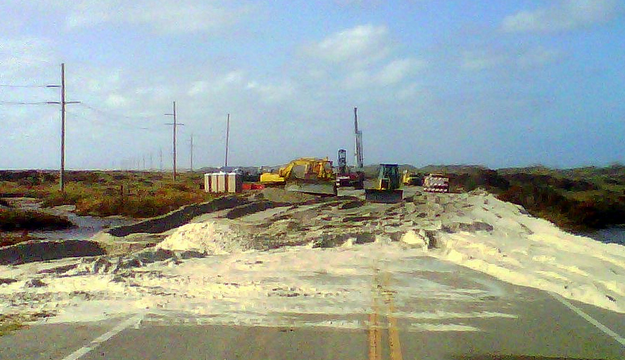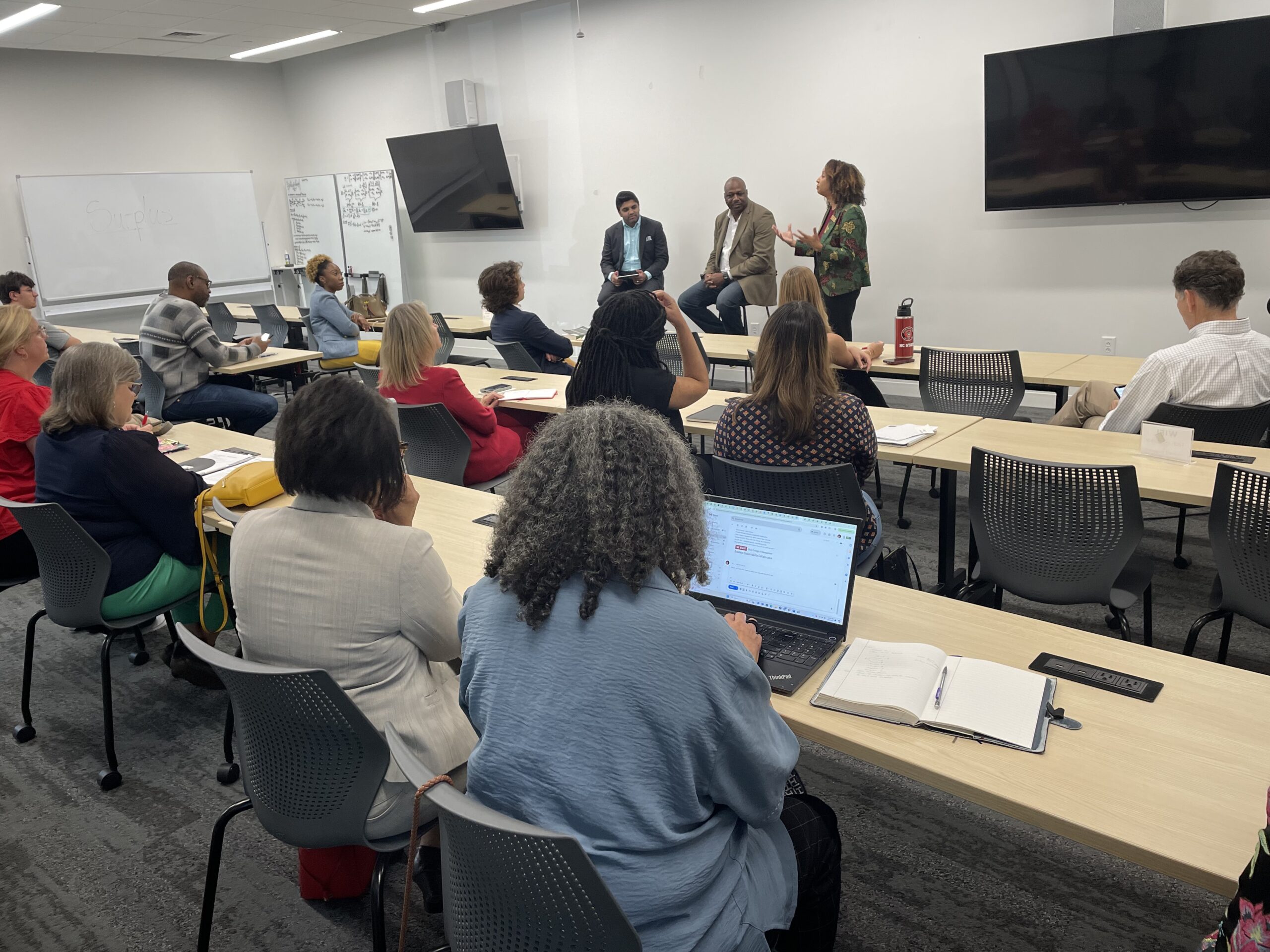EXPEDITION ENCOURAGES BETTER ENVIRONMENTAL REPORTING

Coastal issues such as bridge building on NC highway 12, as well as planning for sea level rise, will be topics explored during the IJNR expedition. Photo: NCDOT/creative commons
The best journalist knows first hand the issues they cover. Accurate, responsible environmental journalism depends on a real understanding of environmental issues.
Institutes for Journalism & Natural Resources (IJNR) aims to deliver just that, with the mission: advance public understanding and civic engagement about issues of environment protection, resource conservation and responsible economic development through better journalism.
“IJNR conducts expedition-style programs of training and professional development for journalists at all career stages and from all sorts and sizes of news outlets—ranging from newspapers and magazines to radio, television and online operations.”
In support of these endeavors it also offers year-round mentoring and coaching.
The IJNR is inviting applications for the North Carolina Institute March 3-8, 2014. This expedition is expenses paid, and journalist will:
· Observe the EPA’s ongoing clean-up efforts at the Ward Transformer Superfund site, considered one of the first cases in the U.S. environmental justice movement.
· Visit the lab of world-renowned toxicologists working to understand how industrial chemicals affect human health and the environment and how early life exposures may lead to later-life consequences.
· Tour large and small-scale farm operations to talk about the trade-offs involved in producing food and protecting freshwater resources.
· Slog through the muck of a saltwater marsh at low-tide to observe cutting edge experiments in oyster reef conservation.
· Stand where the eastern U.S. meets the Atlantic Ocean to discuss controversial infrastructure projects, including a billion-dollar bridge along NC Highway 12, as well as the challenges of planning for climate change in light of state laws which prohibit the use of climatological projections for the purposes of community planning.
The North Carolina Institute
Central & Coastal North Carolina


